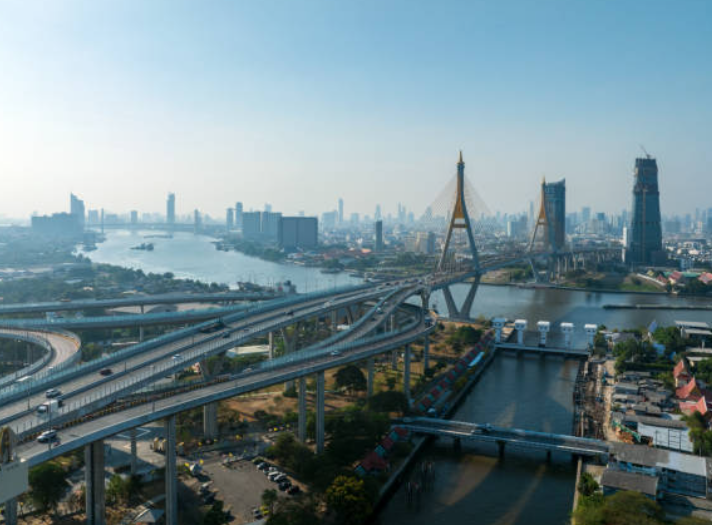1. Profile and Application Requirements
- Profile Specifications: Identify the type of profile you need, such as roofing panels, cladding, or structural components. Provide precise dimensions, materials, and gauge thickness.
- End-Use Application: Consider industries like construction, automotive, or agriculture that might demand specific profile types.
- Material Compatibility: Ensure the machine can process materials like steel, aluminum, or galvanized sheets that are commonly used in Thailand.
2. Power Supply and Voltage Standards
- Local Standards: Thailand operates on 220V/50Hz (single phase) or 380V/50Hz (three-phase) power supply. Confirm the machine's compatibility with local power systems.
- Energy Efficiency: Opt for machines designed for low energy consumption, particularly in regions where electricity costs are high.
3. Machine Speed and Production Capacity
- Output Requirements: Assess the required production speed (e.g., meters per minute) to meet demand.
- Automation Level: Consider fully automated machines for high-volume production and manual or semi-automatic machines for smaller operations.
4. Machine Durability and Quality
- Roller Material: Look for rollers made of hardened steel or chrome-coated materials to withstand prolonged use.
- Frame Design: A solid, stable frame ensures the machine’s longevity and precision during operation.
5. Shipping and Delivery Logistics
- Shipping Options: Check for reliable international shipping from the manufacturer or supplier.
- Customs and Import Taxes: Factor in import duties and regulations specific to Thailand.
- Packaging and Handling: Ensure proper packing to avoid damage during transportation.
6. Maintenance and Technical Support
- After-Sales Service: Verify if the supplier provides technical support and maintenance services in Thailand.
- Availability of Spare Parts: Ensure easy access to replacement parts and consumables.
- Training: Opt for suppliers who offer on-site or virtual training for your team.
7. Price and Financing Options
- Budget Planning: Compare machines within your budget that meet your specifications.
- Financing: Explore leasing options or payment plans if available.
- Cost of Ownership: Consider operational and maintenance costs alongside the initial purchase price.
8. Compliance with Local Regulations
- Safety Standards: Ensure the machine complies with Thai safety regulations to avoid penalties.
- Environmental Standards: Machines should adhere to environmental standards, particularly concerning noise and emissions.
9. Supplier Reputation and Reviews
- Experience: Select a supplier with a strong track record in providing roll forming machines.
- Customer Feedback: Review testimonials from other buyers in Thailand to assess reliability and performance.
10. Customization and Optional Features
- Optional Add-Ons: Consider features like stackers, remote PLC systems, or hydraulic cutting for enhanced functionality.
- Flexibility: Choose a machine that can adapt to evolving production needs or new profiles.
Conclusion
Investing in a roll forming machine in Thailand requires careful evaluation of technical specifications, local conditions, and supplier support. By considering these factors, businesses can ensure a smart purchase that boosts productivity and meets market demands effectively.




